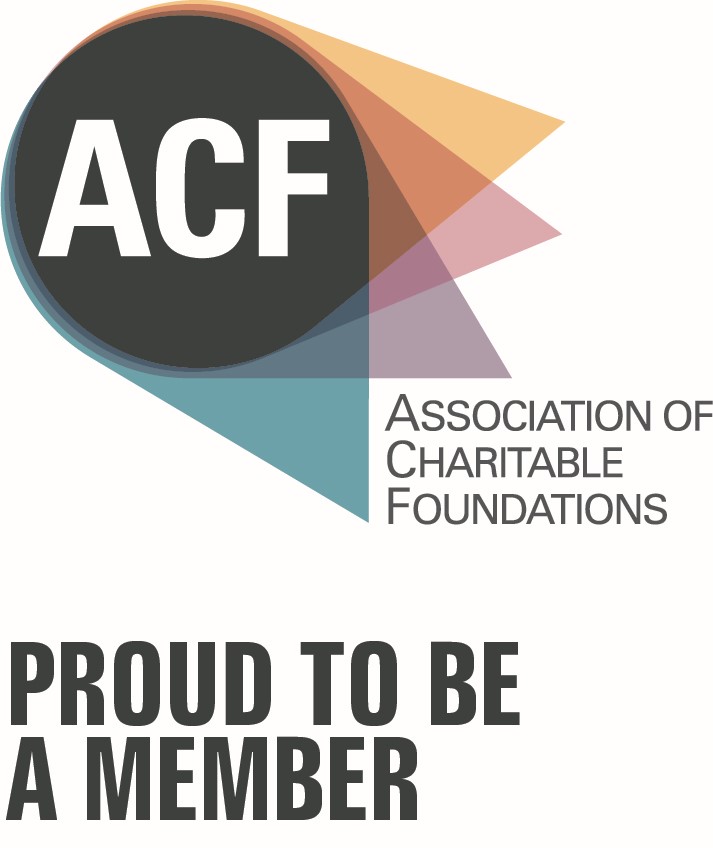Encouraging COVID-19 Vaccinations
For people with intellectual disabilities
The RCN Foundation is funding a project lead by The University of Hertfordshire to create and evaluate a visual resource to help people with intellectual / learning disabilities give their consent to having the COVID-19 vaccine.
Whilst there are numerous written materials giving the public information on the COVID-19 vaccine, there are no resources available specifically for people with learning disabilities to help them decide to have the injection. With Public Health England reporting that individuals with learning disabilities are up to six times more likely to die from COVID-19, empowering this group of people to get a vaccine is as important as ever.
The University of Hertfordshire researchers will co-create materials working with Beyond Words and in partnership with people who find pictures easier to understand than words, as well as nurses and carers, to ensure they resonate and are understandable. A free resource by Beyond Words, Having a Vaccine for Coronavirus, is already available to download and is designed to help people think about the coronavirus vaccine and what having the vaccine will mean.
The final materials will be freely available from August and distributed widely to people with intellectual disabilities and people who care for them, including family and friends, paid carers, nurses, GPs, social workers and other health and care professionals. It is hoped this will increase understanding and uptake of the vaccination amongst those with learning disabilities and help reduce the tragic toll in this vulnerable group of people.
Results of an evaluative national questionnaire and of mapping vaccine uptake among the target group in the county of Hertfordshire will be published later this year. These results will be produced in accessible formats for different audiences.
Deepa Korea, Director of the RCN Foundation said: “We are delighted to be funding this important project which, we hope, will have a sustained impact during the COVID-19 pandemic and beyond. Given the disproportionate impact of the virus on people with intellectual disabilities, this project will play an important role in addressing existing health inequalities. We remain committed to supporting people with intellectual disabilities and their families during these challenging times, and this important project provides an innovative way of doing so.”
Natalie Pattison, Professor of Nursing at the University of Hertfordshire and the co-lead investigator said:“People with learning disabilities are significantly impacted by health inequalities and recent data regarding the impact of COVID-19 has highlighted the increased vulnerabilities of these people. We are therefore thrilled to work with Beyond Words and the RCN Foundation to evaluate resources for people with intellectual disabilities to support them to access vaccines. We know this group of people have a low uptake of routine vaccines and are much more susceptible to severe COVID-19 so it is really important that we think of novel ways to provide support.”
Nick Wright, Chief Executive of Beyond Words said: “To ensure maximum uptake of the COVID-19 vaccine, not only must we provide information in an accessible way, but we must also acknowledge people’s feelings and anxieties. In our experience, wordless stories open up conversations that improve understanding and generate deeper engagement: “What will the vaccine mean for me? How will I feel? How will it improve my life?” We are delighted that the RCN Foundation are supporting both the co-production of this story and, through the University of Hertfordshire and Hertfordshire Partnership NHS Foundation Trust, the research to verify the power of these pictures in supporting more people to give truly informed consent”.
Available to download









